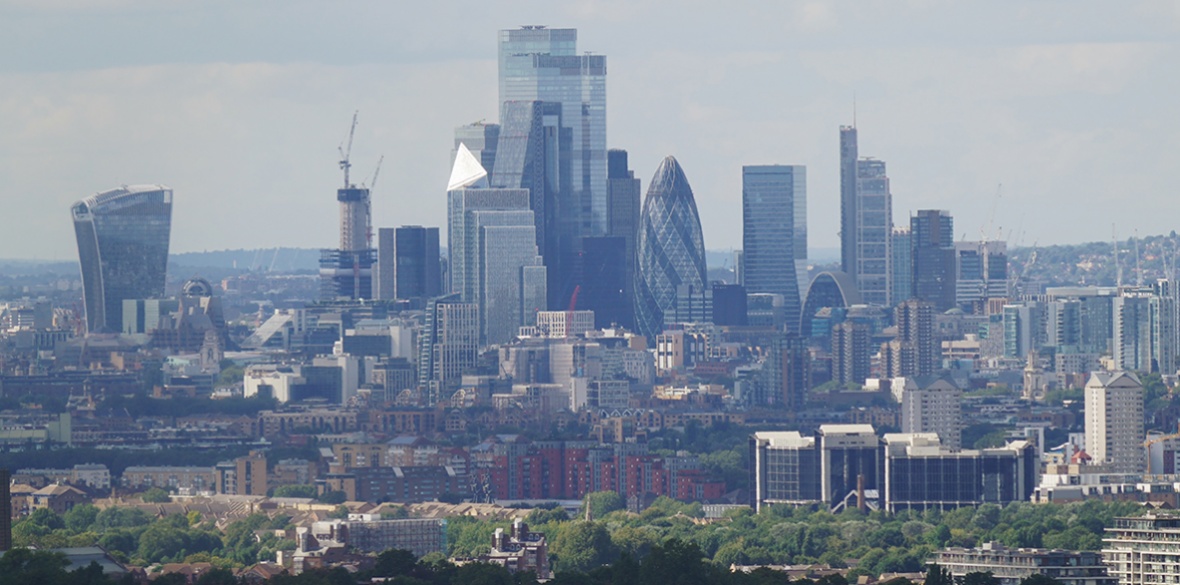SOMETIMES it seems that the capitalists are trolling working people in Britain.
In their arrogance the ruling class seems to believe that no behaviour is too brazen, no assertion of privilege too excessive as to warrant a measure of self-denial.
Thus we learn that the bosses of the FTSE top 100 companies awarded themselves an average 16 per cent pay rise last year, while at the same time their collective representatives in the Cabinet and at the Bank of England were demanding wage restraint for millions of workers, and imposing real pay cuts on those in the public sector.
The fat cats are now paid — earning would be altogether the wrong word — a median salary of just under £4 million a year. That is now a staggering 118 times the median wage of workers, and a vastly greater multiple of that of the lower paid.
In 2020 the relevant multiple was a “mere” 79 times greater, illustrating how the pandemic has been the latest excuse for widening inequality still further.
The biggest salaries accrued to bosses at arms and oil companies, while the average chief executive gets more in three days than the average worker makes in a year.
But it is never enough. Many in the City believe bosses should grab still more — “to retain talent” and deter companies from relocating elsewhere, according to the Financial Times.
This again exposes a central hypocrisy — the idea that the way to motivate the rich is to make them still richer, while the poor must be motivated by the threat to impoverish them still further.
When it comes to bosses’ pay, there are no warnings about inflationary effects or any of the other menacing rhetoric which is used when workers seek to protect their living standards.
Instead, Downing Street merely remarked on the figures that “we don’t tell private companies how to set their own wages. It is for shareholders to hold these companies to account.”
That is a barefaced falsehood. For the last year or more, the government and the City have been demanding pay cuts across the economy as the price for bringing down inflation. This on top of a generation of real wage stagnation for workers.
It is just that it does not, and will never, apply to the elite. Instead, big companies across the world play pay leapfrog at the top, with each boss pointing to a further salary increase at a competitor to justify their own cupidity.
They often sit on each others’ boards and remuneration committees just to ensure that no-one ever blows a whistle on this racket. It is a class, after all.
One voice is entirely unheard in this controversy. The Labour Party declined to comment on the bosses’ pay hike. Presumably this is part of its “business-friendly” branding and Starmerite determination not to do or say anything that might frighten the bourgeois horses.
It is all of a piece with Labour’s refusal to support workers grappling with the cost-of-living crisis by taking industrial action. It is a clear signal that it will all be business-as-usual for the boss class should Starmer and Rachel Reeves get into Downing Street.
Ruling-class greed is not going to be stopped by trade union action alone. Strikes can and do defend and improve workers’ standards but they do not on their own change power relationships.
Politics matters. Only government measures can curb the avaricious, and only working-class state power can eliminate the entrenched rule of the capitalists and the widening inequality it generates. Today, curb the FTSE 100’s excesses; tomorrow there should be no FTSE 100.










